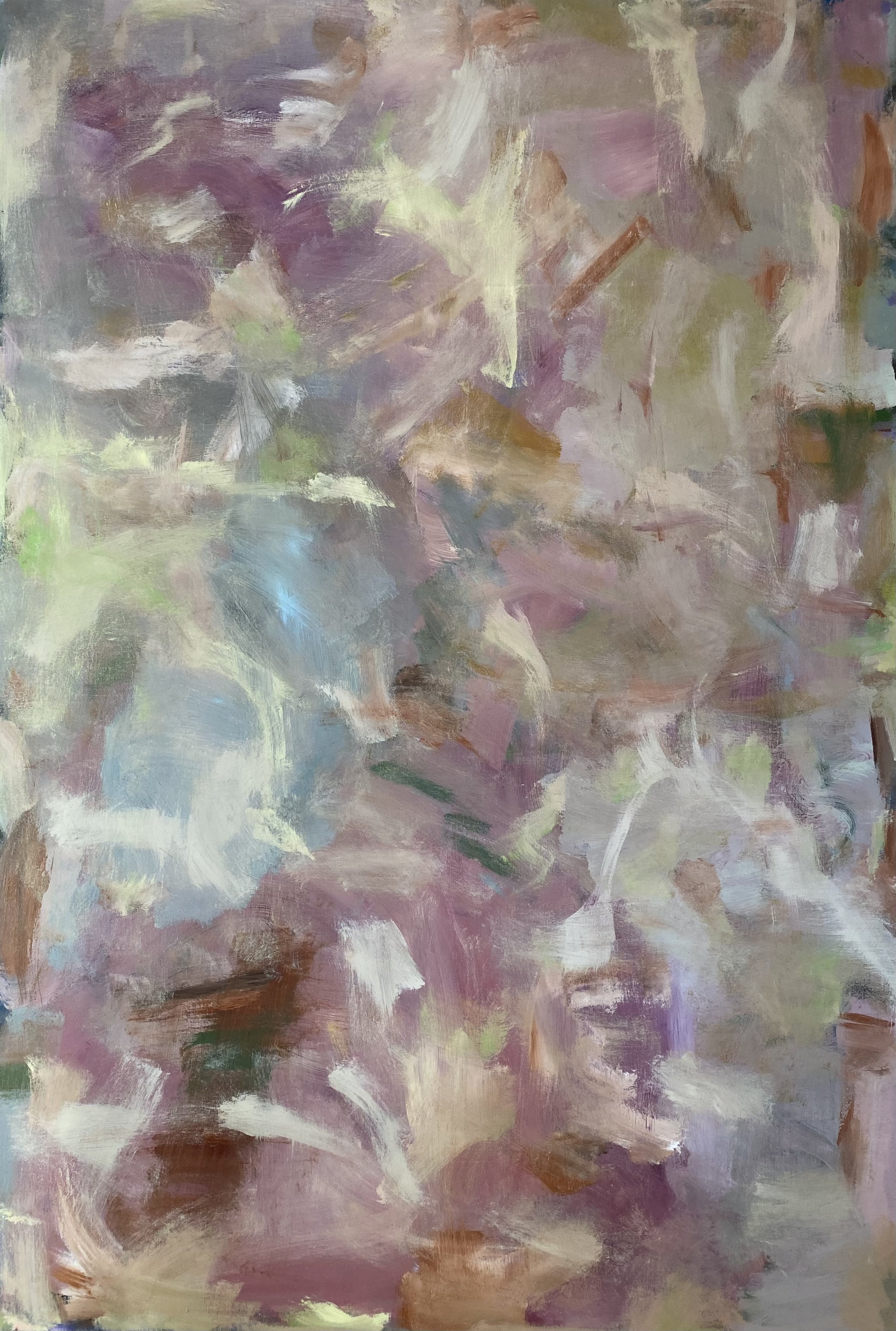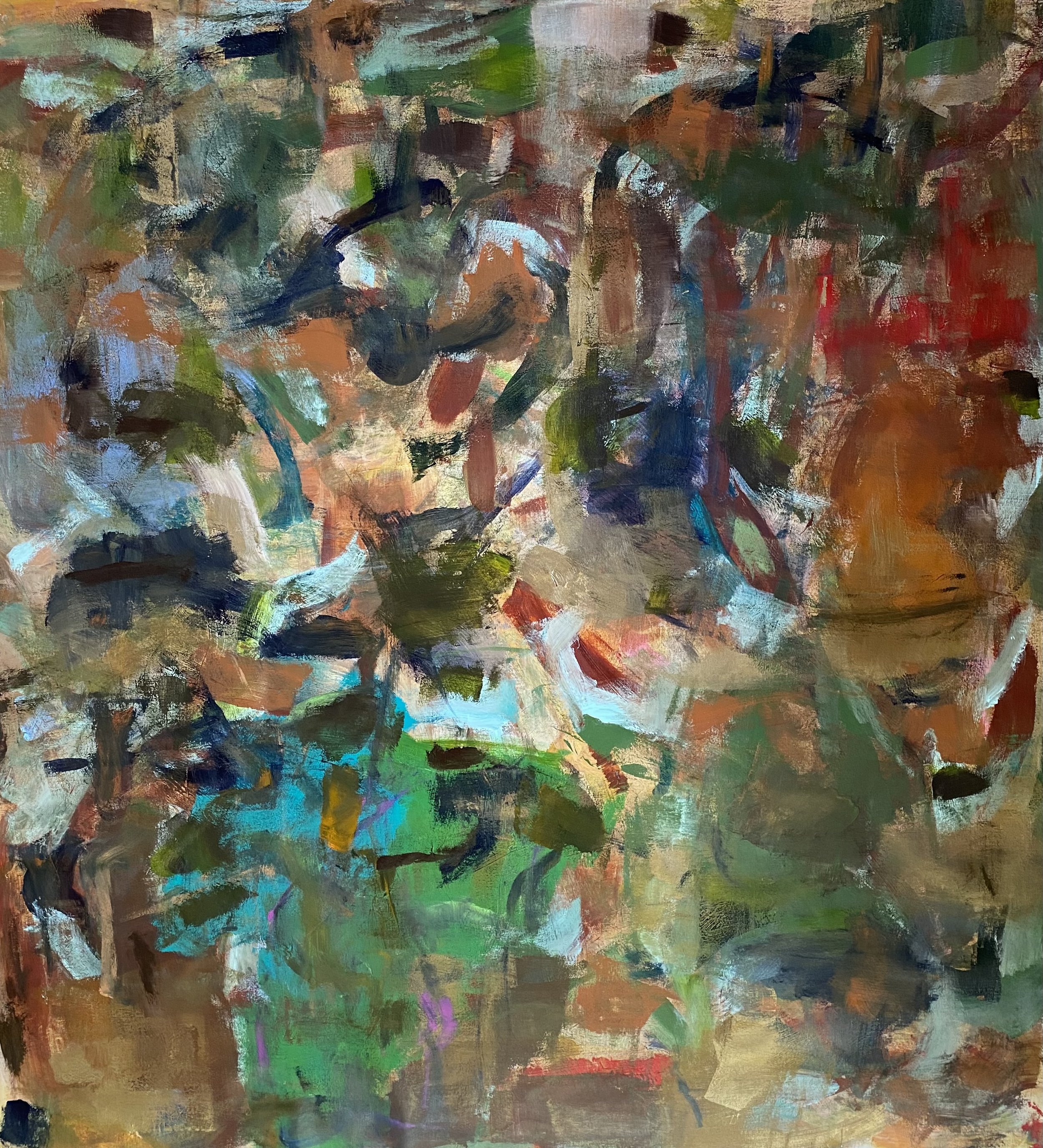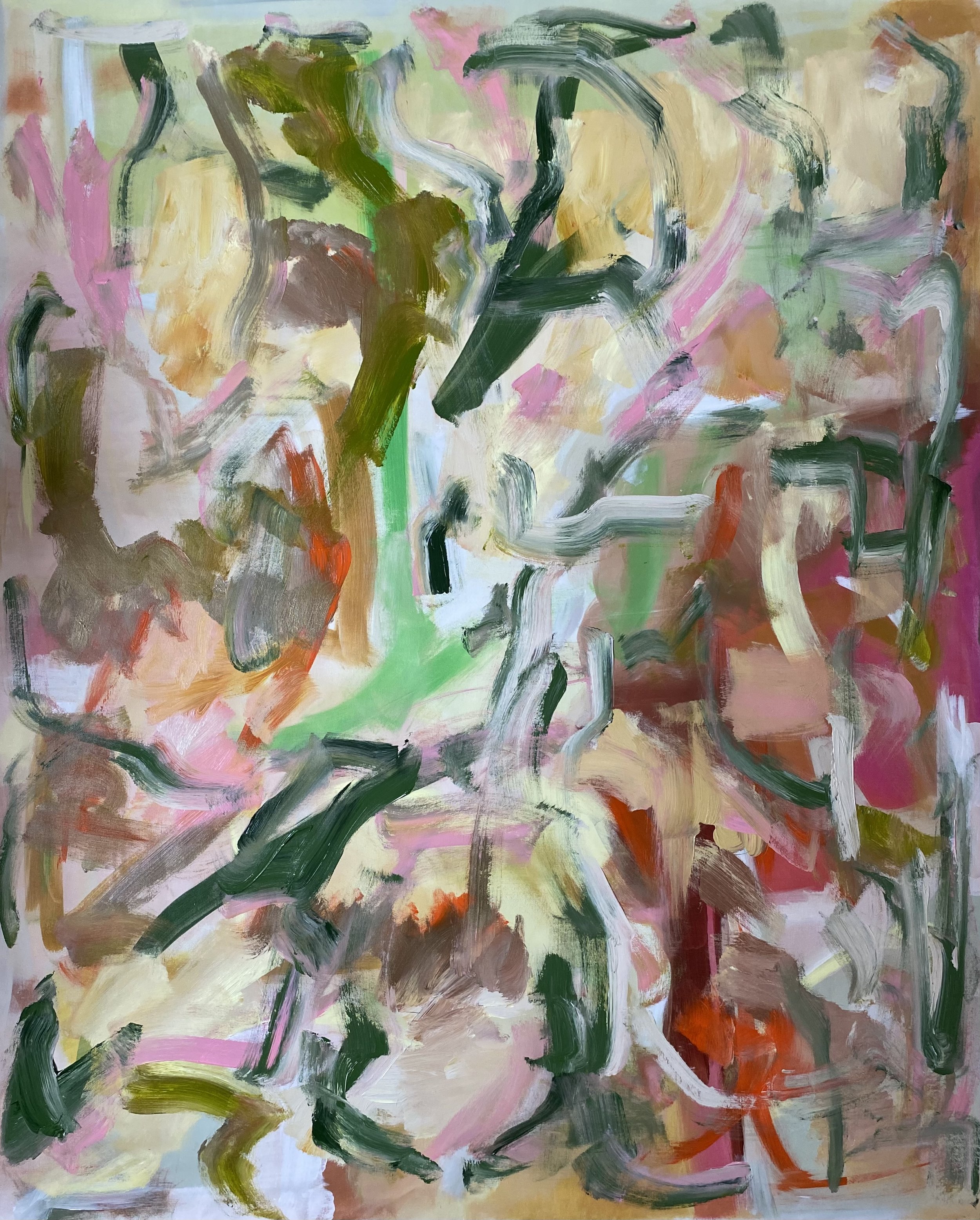
Speak Slowly
Trauma moves fast—it overwhelms, floods, and leaves us disconnected. Healing, on the other hand, is a process of slowing down, making space, and allowing the nervous system to recalibrate. Speaking slowly, both to ourselves and others, becomes a powerful tool for self-soothing and reparenting, helping us feel safe enough to process what was once too much. When we honor our natural pace, we regain clarity, emotional balance, and a deeper connection to ourselves. Healing isn’t about forcing forward—it’s about learning to move with presence and intention.

Rage and Courage
Anger isn’t the enemy—it’s the fire that reveals truth, fuels movement, and sets us free. When we learn to work with it instead of fearing it, anger sharpens our vision, strengthens our boundaries, and mobilizes us toward change. The Bhagavad Gita speaks of righteous anger—the force that compels us to stand against oppression. But when anger is ignored, it festers, turning into depression or explosive harm. Healing helps us reclaim anger as a generative force, one that fuels both personal and collective liberation. Rage and courage are inseparable—the key is learning to wield them wisely.

Amor Fati
Amor fati—the love of fate—is a radical shift in how we engage with pain, trauma, and adversity. Instead of resisting life’s challenges, we embrace them as fuel for transformation. This isn't about romanticizing suffering but about using every experience, even the painful ones, to evolve. By shifting from victimhood to agency, we rewire our nervous system, making healing possible. Amor fati teaches us that strength isn’t just about endurance—it’s about adaptation, integration, and reclaiming our power. When we stop fighting our story and start owning it, we turn pain into possibility.

Stoic Mind
A Stoic mind is a foundation for deep healing and transformation, offering resilience in the face of pain, uncertainty, and change. Rooted in discipline and self-mastery, Stoicism teaches us to focus on what we can control—our thoughts, perceptions, and actions—while letting go of what we cannot. This shift from reactivity to intentionality allows us to engage with healing not as something happening to us, but as a process we actively shape. Whether overcoming trauma, chronic pain, or emotional turmoil, a Stoic mindset cultivates the steadiness needed to endure discomfort, rewire the nervous system, and reclaim personal power.

Extinction burst
Healing—whether personal or collective—is never linear. It spirals, revisiting old wounds just as transformation is within reach. Right now, we are in a collective extinction burst—the last desperate grasp of collapsing power structures, flaring up because they are losing, not winning. The violent resistance to progress, the tightening grip of failing systems, the chaos before reorganization—this is the contraction before the breakthrough. Just as personal healing expands our capacity to hold what once felt unbearable, collective healing depends on each of us doing the inner work to reclaim our wholeness.